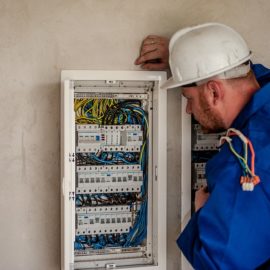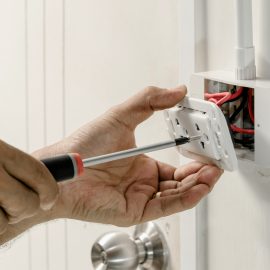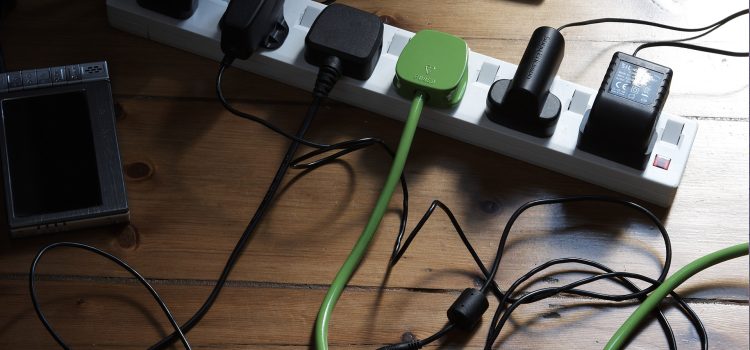
Extension cords are a ubiquitous tool in our modern lives. They provide convenient access to electrical power where and when we need it, allowing us to plug in appliances, electronics, and power tools in places where there are no wall outlets. However, extension cords can also be a source of danger if not used correctly. Misuse can result in electrocution, electrical fires, and other hazards. As per the Electrical Safety Foundation International, more than 4,000 injuries related to extension cords are treated in emergency rooms each year. That’s why it’s essential to understand how to use your extension cords safely. In this article, we’ll discuss some critical safety tips to keep in mind when using extension cords, including advice from professional electricians who have seen the consequences of unsafe extension cord practices firsthand.
Choose the Right Extension Cord
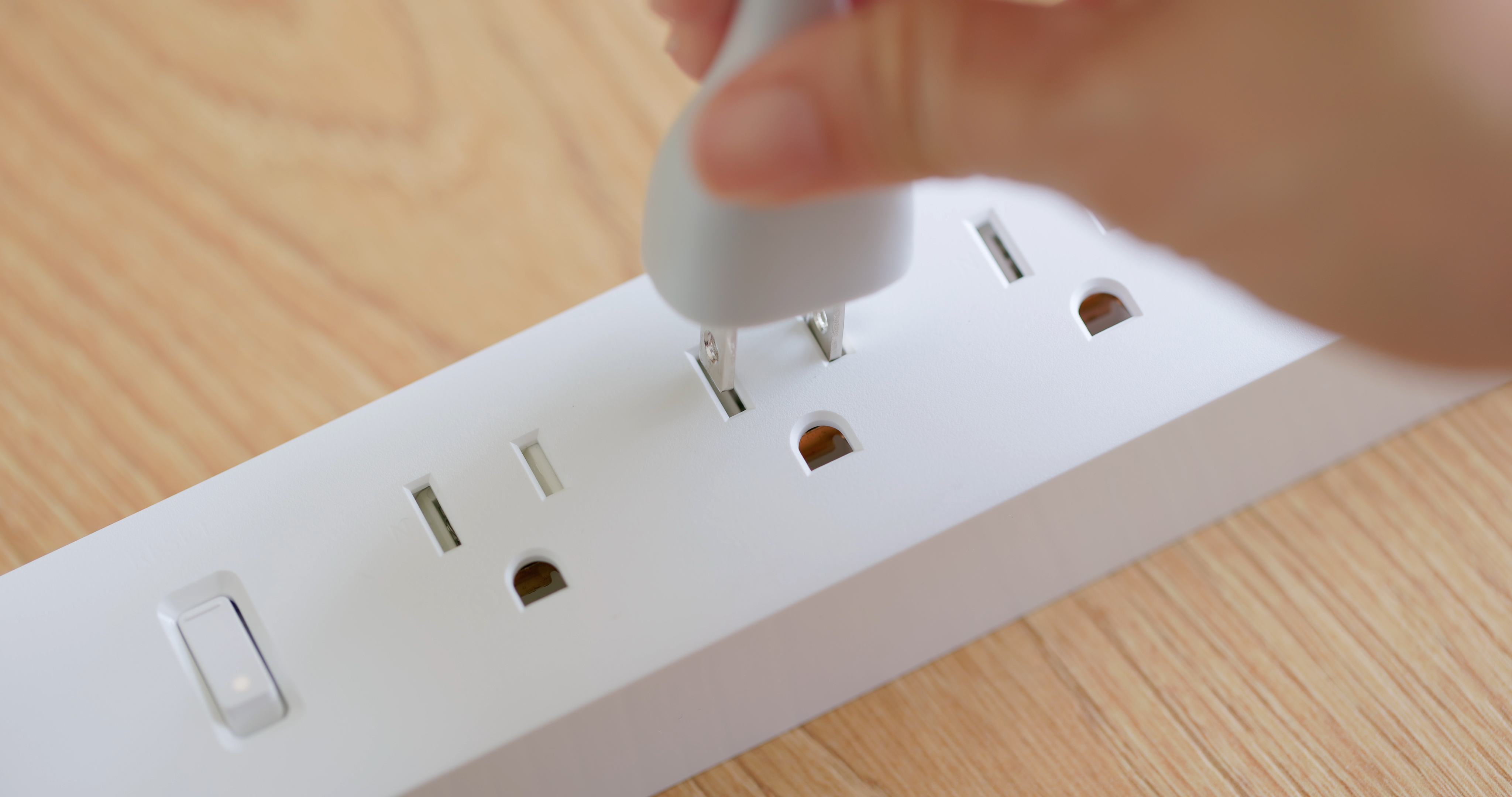 When it comes to extension cords, it’s important to choose the right one for your needs. The wrong cord can not only be a safety hazard but can also damage your devices. Here are some tips for choosing the right extension cord:
When it comes to extension cords, it’s important to choose the right one for your needs. The wrong cord can not only be a safety hazard but can also damage your devices. Here are some tips for choosing the right extension cord:
- Look for a cord with a higher amperage rating than your device or appliance requires. This will prevent the cord from overheating and causing a fire.
- Choose a cord that is the appropriate length for your needs. A cord that is too long can create a tripping hazard, while a cord that is too short can cause tension on the cord and damage it over time.
- Look for cords with built-in safety features such as grounded plugs and polarized blades.
These features can help prevent electrical shocks and fires.
Inspect Your Extension Cord Before Use
Before using your extension cord, it’s important to inspect it for any damage or wear and tear. Here are some things to look for:
- Check for any cracks, cuts, or nicks in the cord. If you find any damage, do not use the cord.
- Make sure the plug is not loose or wobbly. A loose plug can cause sparks and a potential fire hazard.
- Check that the grounding pin is intact and not broken off.
- Make sure the cord’s insulation is in good condition and not frayed or exposed.
Use Your Extension Cord Safely
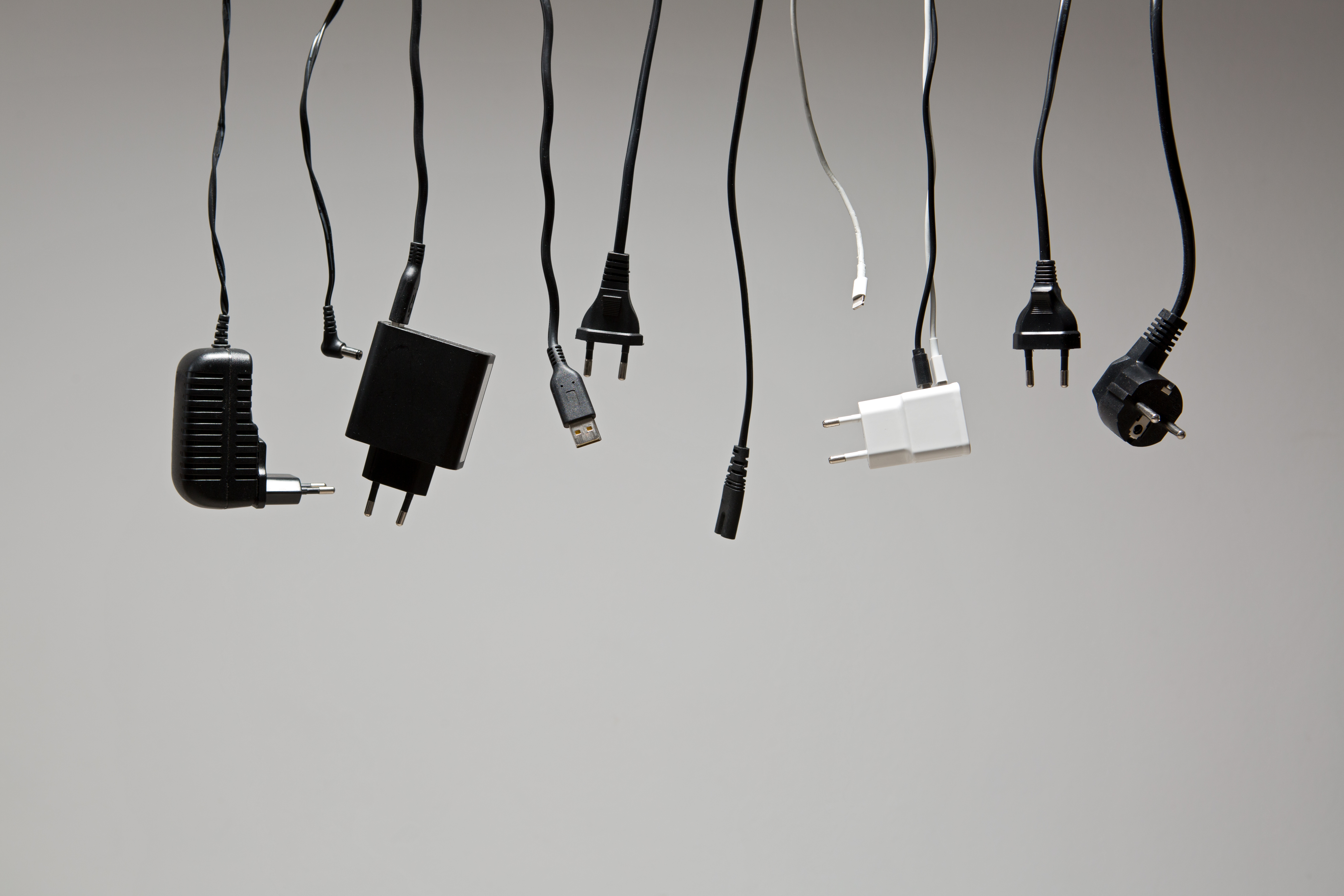 Using your extension cord safely is crucial for preventing fires, electrocution, and other hazards. Here are some tips to follow:
Using your extension cord safely is crucial for preventing fires, electrocution, and other hazards. Here are some tips to follow:
- Do not overload your extension cord. Check the amperage rating of the cord and the device or appliance you are using it with. If the combined amperage exceeds the rating of the cord, use a different cord or plug the device directly into an outlet.
- Never use extension cords as a permanent wiring solution. If you need a long-term solution, have an electrician install additional outlets.
- Do not run extension cords through doorways, windows, or under carpets. This can damage the cord and create a tripping hazard.
- Keep extension cords away from heat sources and flammable materials. This can include heaters, stoves, and curtains.
- Do not use extension cords in wet or damp areas. If you have to use an extension cord outdoors, use one specifically designed for outdoor use.
- Store your extension cords properly. This can include coiling them neatly and keeping them out of reach of children and pets.
Properly Dispose of Damaged Extension Cords
If you find that your extension cord is damaged or no longer working properly, it’s important to dispose of it safely. Here are some tips:
- Do not throw damaged cords in the trash. They can be a fire hazard and pose a danger to sanitation workers.
- Take your damaged cords to a recycling center or electronic waste facility. These facilities can safely dispose of the cords and recycle the materials.
In conclusion, using extension cords safely is crucial for preventing fires, electrocution, and other hazards. By choosing the right cord, inspecting it before use, using it safely, and properly disposing of damaged cords, you can help keep yourself and others safe. If you have any questions or concerns about using extension cords, consult with a licensed electrician.

